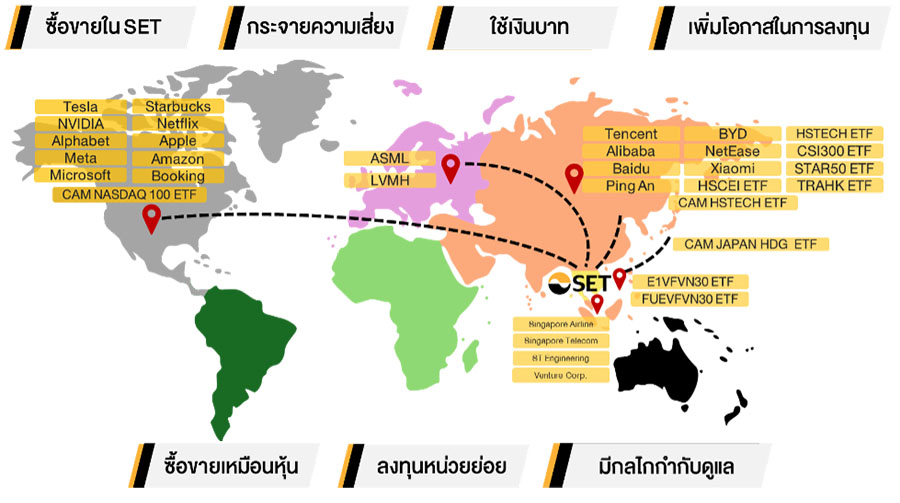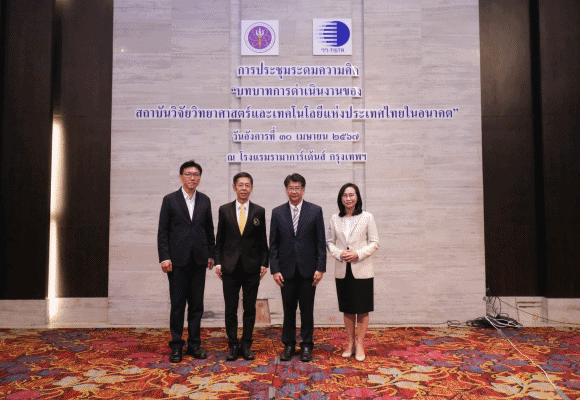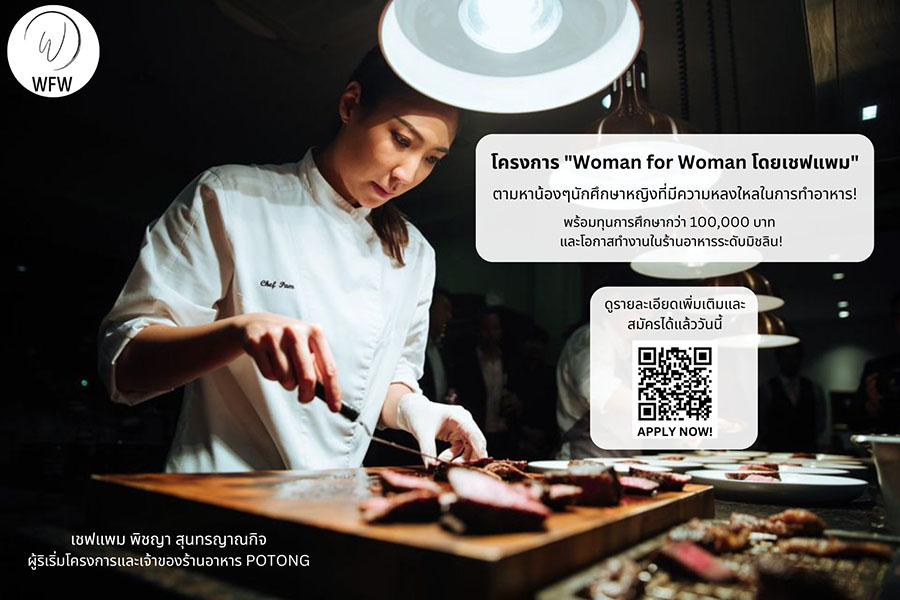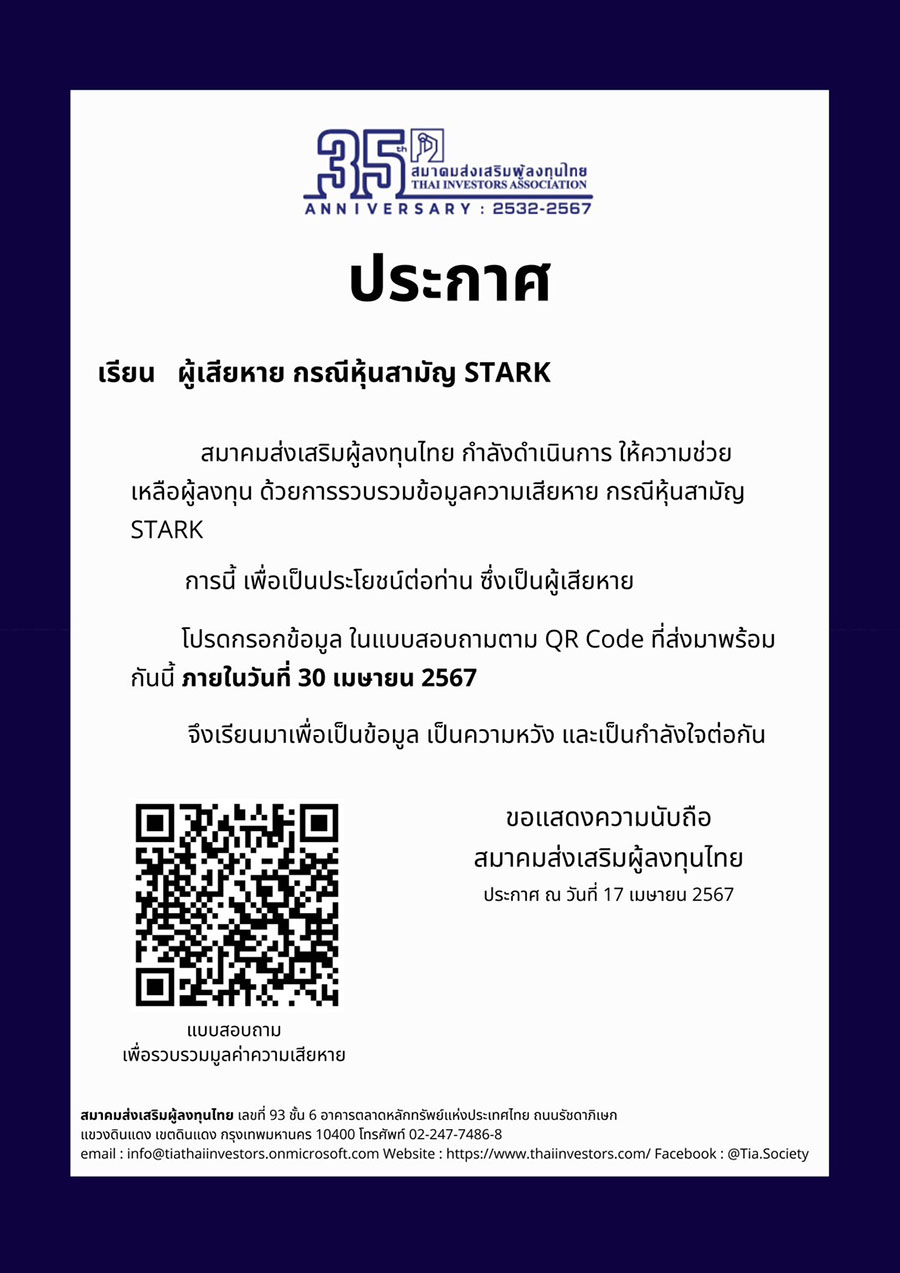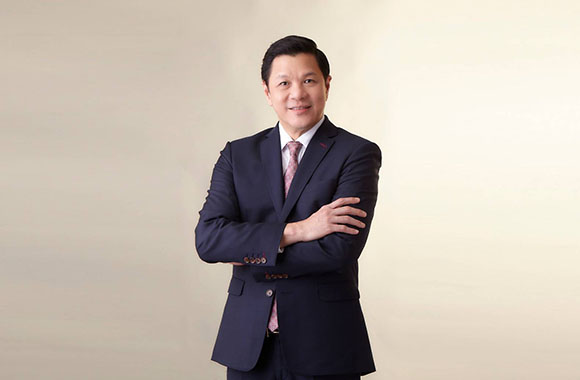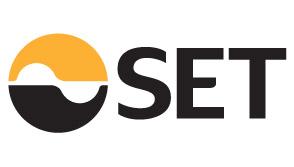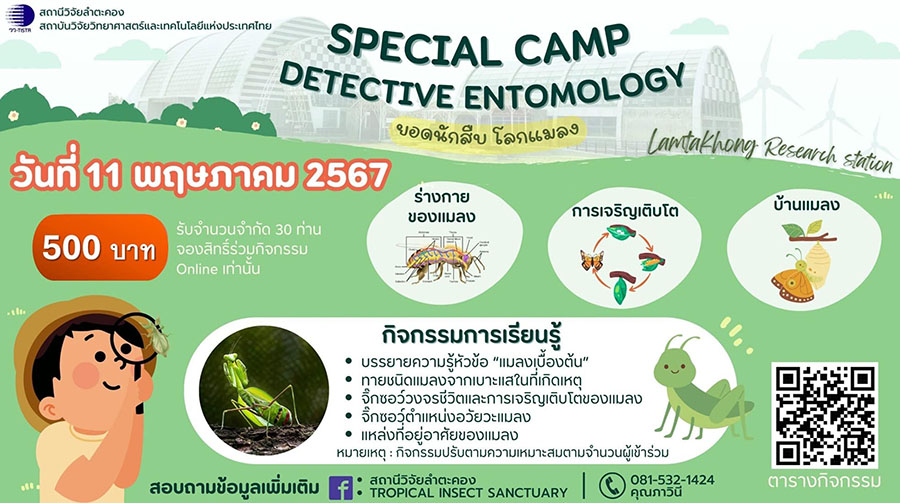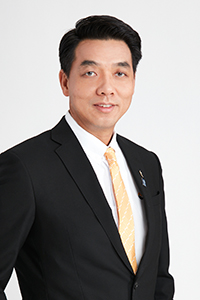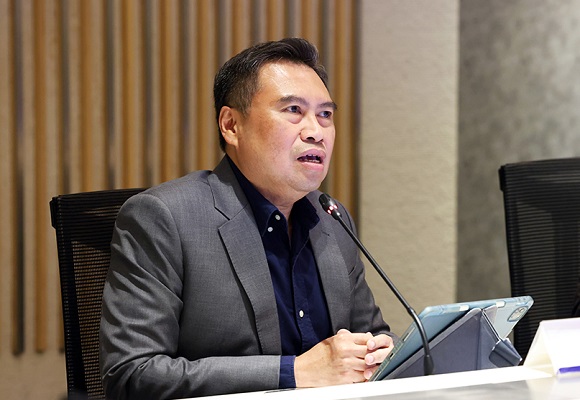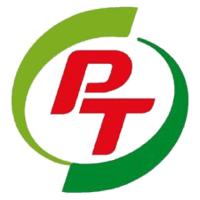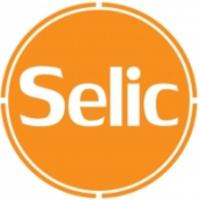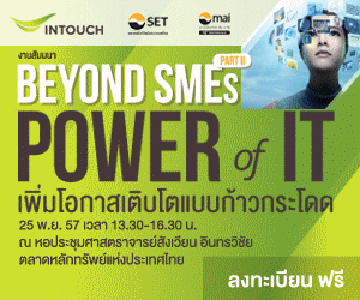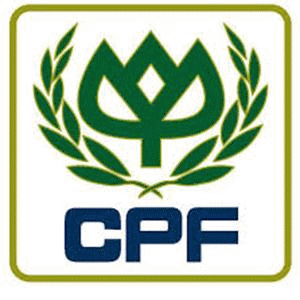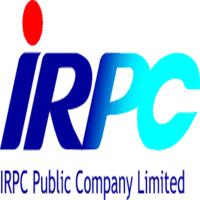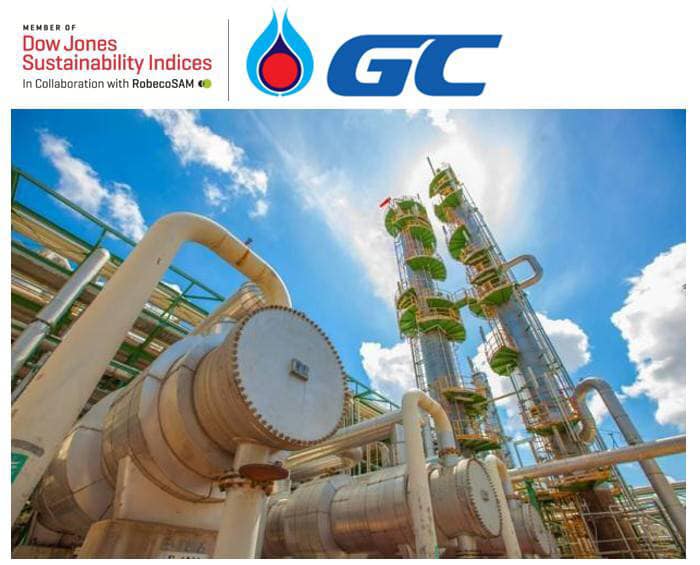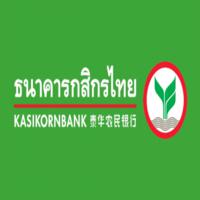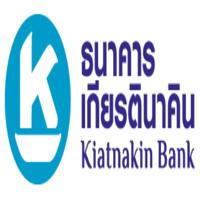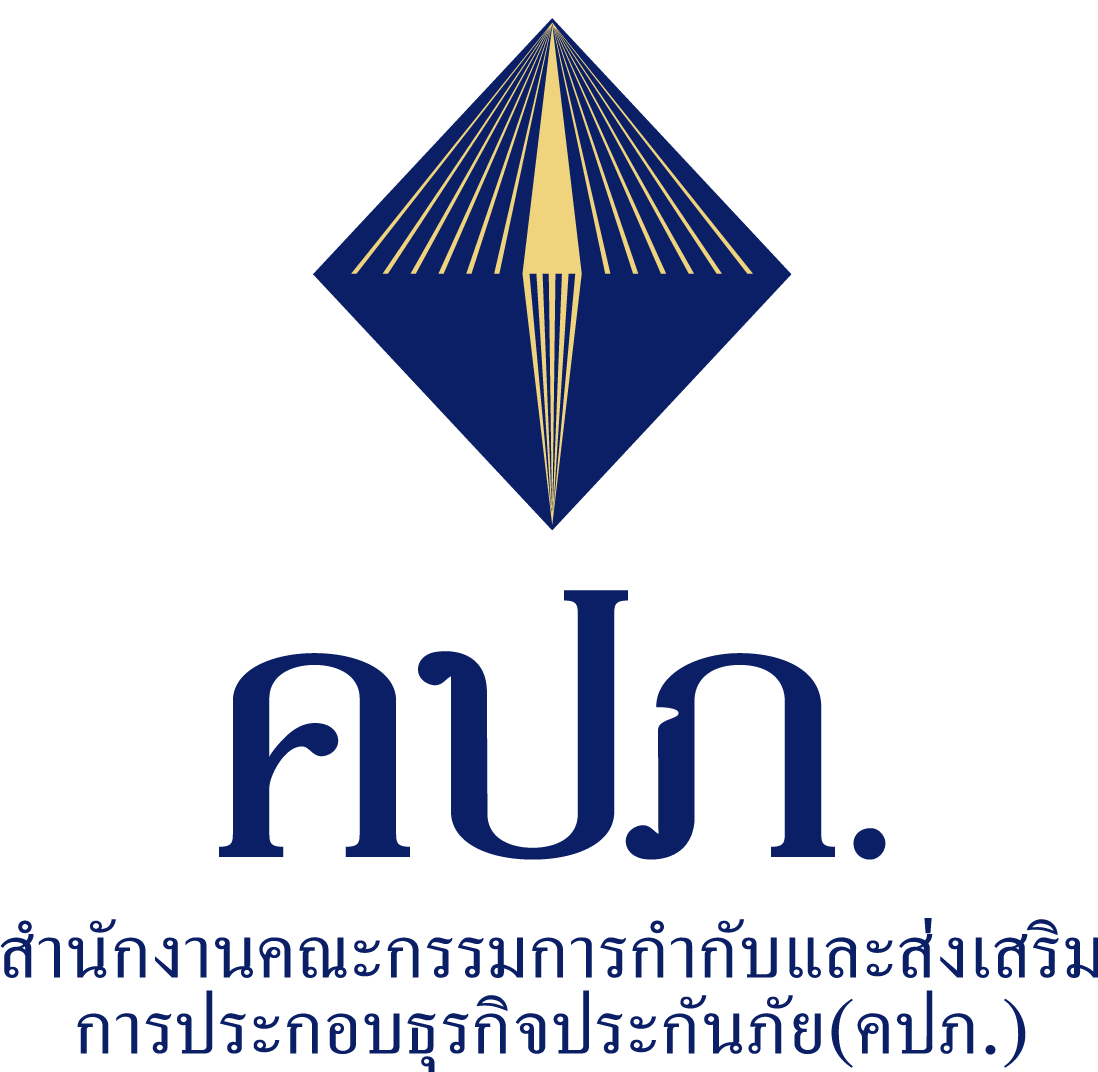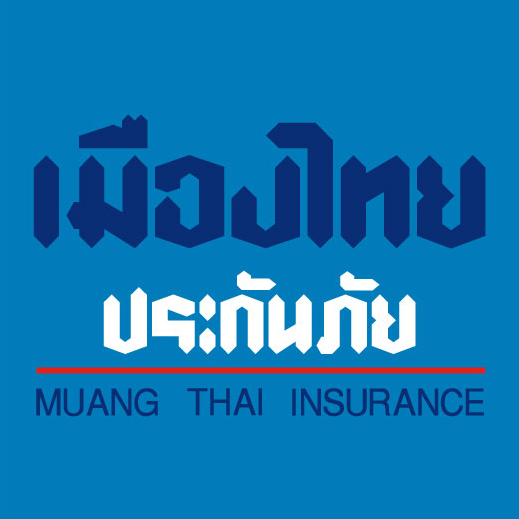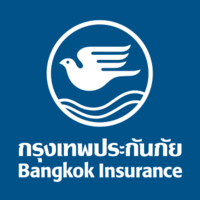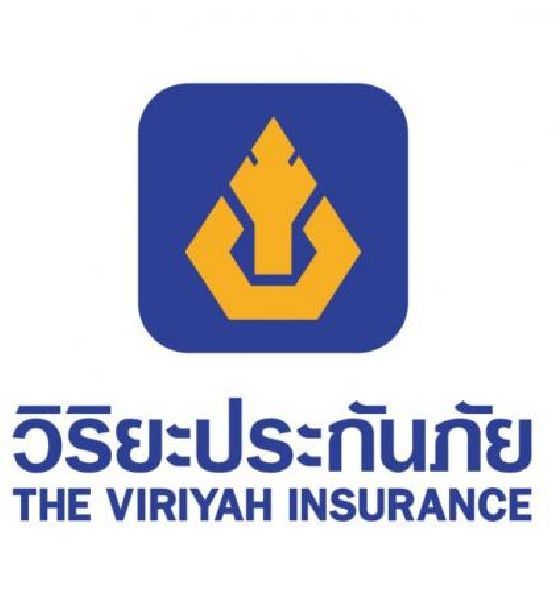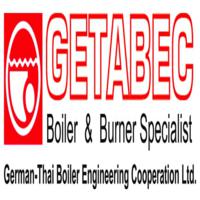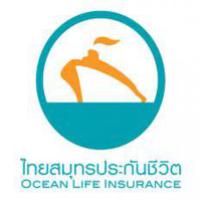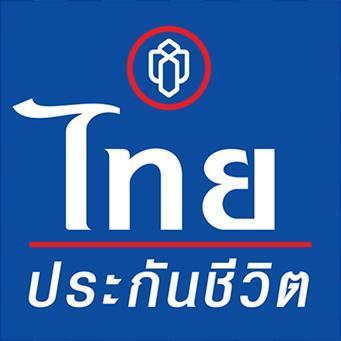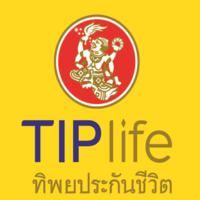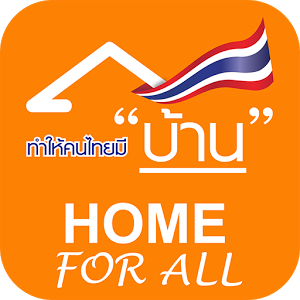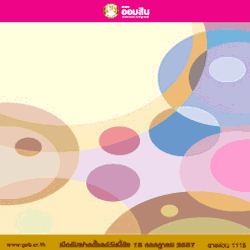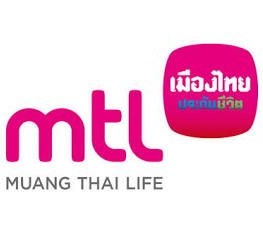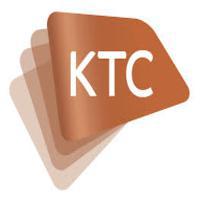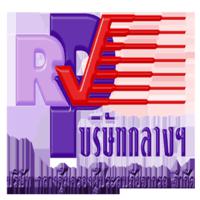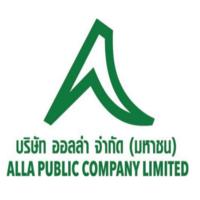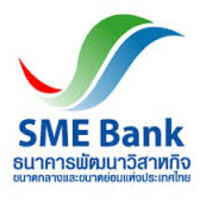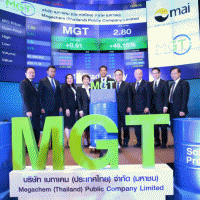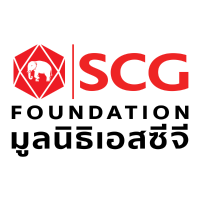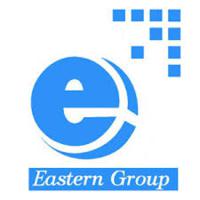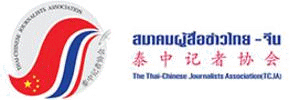- Details
- Category: การแพทย์-สธ
- Published: Friday, 02 June 2017 12:16
- Hits: 3561
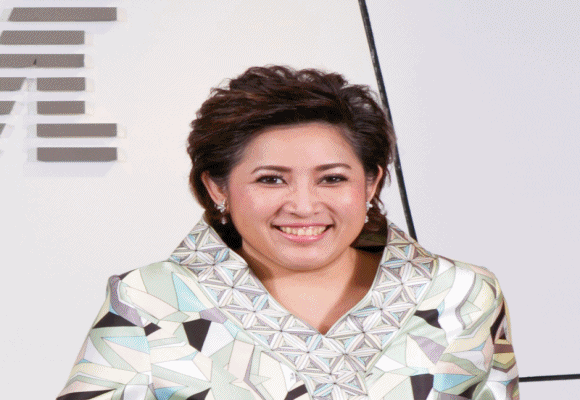
IBM คณะแพทย์เปิดเผยผลการศึกษาชิ้นใหม่เกี่ยวกับเทคโนโลยีค็อกนิทิฟ 'ไอบีเอ็ม วัตสัน' และการรักษามะเร็ง
ไอบีเอ็ม วัตสัน เฮลท์ (NYSE: IBM) และหน่วยงานต่างๆ ที่เกี่ยวข้อง ได้เปิดเผยถึงข้อมูลที่จะมีการนำเสนอในที่ประชุม ASCO 2017 ซึ่งเป็นการประชุมด้านมะเร็งที่ใหญ่ที่สุดในโลก เกี่ยวกับการนำ เทคโนโลยีวัตสันเพื่อการพัฒนาการรักษามะเร็ง (Watson for Oncology) ที่ได้รับการพัฒนาฝึกฝนโดยศูนย์มะเร็งเม็มโมเรียลสโลนเคทเทอริ่ง (MSK) และ Watson for Clinical Trial Matching (CTM) ไปใช้ทางคลินิค นอกจากนี้ ไอบีเอ็มยังประกาศถึงการขยายการใช้เทคโนโลยีวัตสันเพื่อการพัฒนาการรักษามะเร็งในโรงพยาบาลและหน่วยงานด้านสุขภาพต่างๆ หลายสิบแห่งในออสเตรเลีย บังกลาเทศ บราซิล จีน อินเดีย เกาหลี เม็กซิโก สโลวาเกีย สเปน ไต้หวัน ไทย และสหรัฐอเมริกา รวมถึงการเปิดตัวการนำเทคโนโลยีวัตสันเพื่อการพัฒนาการรักษามะเร็งไปใช้สนับสนุนการรักษามะเร็งต่อมลูกหมาก
ผลการศึกษาของ ASCO เกี่ยวกับเทคโนโลยีวัตสันเพื่อการพัฒนาการรักษามะเร็งที่ได้รับการเปิดเผยในวันนี้ อาทิ
- การใช้เทคโนโลยี Watson for Clinical Trials Matching สามารถช่วยลดเวลาที่ใช้ในการคัดกรองผู้ป่วยทางคลินิคลงได้ถึง 78% ซึ่งผลลัพธ์นี้เป็นผลจากการศึกษาความเป็นไปได้ทางเทคโนโลยีร่วมกับไฮแลนด์ส ออนโคโลจี กรุ๊ป และโนวาร์ตีส โดยในการทดลองนำร่องเป็นเวลา 16 สัปดาห์ ได้มีการนำข้อมูลผู้ป่วยโรคมะเร็งปอดและมะเร็งทรวงอกจำนวน 2,620 ราย มาประมวลผลโดยระบบ CTM การใช้ขีดความสามารถการประมวลผลภาษาธรรมชาติ ทำให้ระบบ CTM สามารถอ่านขั้นตอนการวิจัยทางคลินิกจากโนวาร์ตีส และประมวลข้อมูลจากระเบียนผู้ป่วยและบันทึกของแพทย์เกี่ยวกับหลักเกณฑ์การคัดผู้ป่วยเข้า หรือตัดผู้ป่วยที่ไม่ตรงตามหลักเกณฑ์ออกโดยอัตโนมัติ ซึ่งนับเป็น 94% ของผู้ป่วยทั้งหมด วิธีนี้ช่วยลดเวลาในการคัดกรองการวิจัยทางคลินิกลงได้จาก 1 ชั่วโมง 50 นาที เหลือเพียง 24 นาที
- เทคโนโลยีวัตสันเพื่อการพัฒนาการรักษามะเร็งสามารถแนะนำแนวทางการรักษามะเร็งที่สอดคล้องกับคำแนะนำของผู้เชี่ยวชาญด้านมะเร็งวิทยาของโรงพยาบาลบำรุงราษฎร์ อินเตอร์เนชั่นแนล (BIH) ถึง 83% สำหรับโรคมะเร็งชนิดต่างๆ
- เทคโนโลยีวัตสันเพื่อการพัฒนาการรักษามะเร็งสามารถแนะนำแนวทางการรักษามะเร็งที่สอดคล้องกับคำแนะนำของคณะกรรมการผู้กำหนดแผนการรักษามะเร็งแบบสหสาขาวิชาชีพของศูนย์มะเร็งมานิพัลคอมพรีเฮนซีฟในเมืองบังกาลอร์ ประเทศอินเดีย ถึง 96% สำหรับมะเร็งปอด 81% สำหรับมะเร็งลำไส้ใหญ่ 93% สำหรับมะเร็งทวารหนัก
- เทคโนโลยีวัตสันเพื่อการพัฒนาการรักษามะเร็งสามารถแนะนำแนวทางการรักษามะเร็งที่สอดคล้องกับคำแนะนำของคณะกรรมการผู้กำหนดแผนการรักษามะเร็งของศูนย์การแพทย์จิลแห่งมหาวิทยาลัยกาช็อน ในเมืองอินชอน ประเทศเกาหลีใต้ ถึง 73% สำหรับกรณีผู้ป่วยมะเร็งลำไส้ใหญ่ที่มีความเสี่ยงสูง
- ในการวิจัยเชิงคุณภาพ บรรดาผู้เชี่ยวชาญด้านมะเร็งวิทยาในเม็กซิโกยอมรับว่าเทคโนโลยีวัตสันเพื่อการพัฒนาการรักษามะเร็งมีประโยชน์ในการช่วยให้พวกเขาสามารถบ่งชี้ทางเลือกการรักษาที่เป็นไปได้สำหรับผู้ป่วย โดยเฉพาะอย่างยิ่งในคลินิคที่ขาดแพทย์ผู้เชี่ยวชาญเฉพาะสาขา ทั้งยังเป็นประโยชน์ต่อการฝึกสอนนักเรียนแพทย์และแพทย์ที่เข้ามาศึกษาต่อเพื่อเป็นแพทย์เฉพาะทางสาขาใดสาขาหนึ่ง
“เทคโนโลยีวัตสันเพื่อการพัฒนาการรักษามะเร็งเป็นหนึ่งในตัวอย่างของเทคโนโลยีสำคัญที่จะช่วยให้แพทย์สามารถใช้ประโยชน์จากปริมาณข้อมูลที่เพิ่มขึ้น สอดคล้องกับแนวทางการรักษาที่เริ่มมีความเฉพาะบุคคลและตอบโจทย์ผู้ป่วยแต่ละรายมากขึ้น” นายแนน เฉิน ผู้อำนวยการอาวุโสด้านการวิจัยพัฒนาและข้อมูลคลินิก โรงพยาบาลบำรุงราษฎร์ อินเตอร์เนชั่นแนล กล่าว
“โรงพยาบาลของเราให้การดูแลผู้ป่วยกว่าครึ่งล้านคนจากกว่า 190 ประเทศในแต่ละปี เทคโนโลยีเหล่านี้จึงมีส่วนสำคัญต่อการมอบคุณภาพการรักษาในแบบที่ผู้ป่วยคาดหวัง หนึ่งในตัวอย่างคือกรณีของโรงพยาบาลมองโกเลียน ยูบี ซองดู ในเครือบำรุงราษฎร์ ที่แพทย์ทั่วไปสามารถให้การรักษาผู้ป่วยมะเร็งได้แม้ไม่มีแพทย์ผู้เชี่ยวชาญด้านมะเร็งอยู่เลย โดยอาศัยเทคโนโลยีวัตสันเพื่อการพัฒนาการรักษามะเร็ง ที่ให้คำแนะนำได้อย่างสอดคล้องกับแนวทางการวินิจฉัยของแพทย์ ในการกำหนดแผนการรักษา” นายแนนเสริม
“ผลการศึกษานี้แสดงให้เห็นว่าวัตสันสามารถช่วยแพทย์ในการตัดสินใจวางแผนการรักษาชีวิตผู้ป่วยได้มากมายด้วยการย่นระยะเวลาสำหรับแพทย์ในการระบุสาเหตุความเป็นไปได้รวมถึงเสนอทางเลือกเพื่อการรักษาที่เหมาะสมกับผู้ป่วยแต่ละคนจากความสามารถในการวิเคราะห์ข้อมูลได้หลากหลายรูปแบบ ในจำนวนมหาศาล และภายในเวลาที่รวดเร็ว” นางพรรณสิรี อมาตยกุล กรรมการผู้จัดการใหญ่ บริษัท ไอบีเอ็ม ประเทศไทย จำกัด กล่าว “ไอบีเอ็มภูมิใจที่ได้มีส่วนร่วมในการพัฒนาไปอีกขั้นของทั้งโรงพยาบาลบํารุงราษฎร์ อินเตอร์เนชั่นแนล รวมถึงสถาบันทางการแพทย์ทั่วโลก ในการต่อยอดความรู้ด้านมะเร็งที่มีเพิ่มขึ้นใหม่มากมายทุกๆ วันไปสู่มือของแพทย์ เพื่อเป็นประโยชน์ต่อการรักษาผู้ป่วย ผ่านนวัตกรรมทันสมัยที่ขับเคลื่อนด้วยเทคโนโลยีค็อกนิทิฟ”
ในวันนี้ ไอบีเอ็มยังได้ประกาศว่าเทคโนโลยีวัตสันเพื่อการพัฒนาการรักษามะเร็งจะสามารถช่วยสนับสนุนการดูแลรักษาแบบสหสาขาวิชาชีพในผู้ป่วยมะเร็งต่อมลูกหมาก ทั้งนี้ ในการพัฒนาฝึกฝนเทคโนโลยีวัตสันเพื่อการพัฒนาการรักษามะเร็งที่กำลังดำเนินการอยู่โดยศูนย์มะเร็งเม็มโมเรียลสโลนเคทเทอริ่งในนิวยอร์คนั้น ทางศูนย์มะเร็งได้ฝึกฝนวัตสันจนปัจจุบันสามารถนำไปใช้ในการสนับสนุนการรักษามะเร็งทรวงอก ปอด ลำไส้ใหญ่ ปากมดลูก รังไข่ กระเพาะอาหาร และต่อมลูกหมาก และภายในปีนี้ จะสามารถสนับสนุนแพทย์ในการรักษามะเร็งรวม 12 ประเภท ซึ่งถือเป็น 80% ของประเภทมะเร็งที่เกิดขึ้นทั่วโลก
"เราภูมิใจในบทบาทของเราในการพัฒนาฝึกฝนวัตสัน รวมถึงการมอบเครื่องมือสนับสนุนการตัดสินใจให้แก่แพทย์ทั่วโลก โดยเป็นเครื่องมือที่อิงตามหลักฐานเชิงประจักษ์และใช้ประโยชน์จากเทคโนโลยีค็อกนิทิฟ" นายมาร์ค คริส กรรมการผู้จัดการของวิลเลียมและจอย รัวเอน แชร์ ซึ่งเป็นสาขาด้านมะเร็งวิทยาบริเวณทรวงอกของศูนย์มะเร็งเม็มโมเรียลสโลนเคทเทอริ่ง กล่าว "การผสานกับความก้าวหน้าทางเทคโนโลยีของวัตสัน เข้ากับองค์ความรู้ของแพทย์ MSK ที่ได้รับการสั่งสมจากประสบการณ์การรักษามะเร็งมายาวนานหลายทศวรรษ ทำให้เราสามารถดำเนินการเพื่อช่วยให้แพทย์มีความเข้าใจและสามารถลงลึกในรายละเอียดเกี่ยวกับความสลับซับซ้อนของโรคภัยไข้เจ็บในผู้ป่วยแต่ละคน เข้าใจข้อมูลด้านมะเร็งที่เพิ่มขึ้นเรื่อยๆ ได้ดีขึ้น และช่วยให้แพทย์สามารถตัดสินใจในการรักษาได้โดยมีหลักฐานอ้างอิงที่ชัดเจน"
ศักยภาพที่เพิ่มขึ้นของวัตสัน
ข้อมูลเกี่ยวกับวัตสันที่ได้รับการนำเสนอที่การประชุม ASCO ปีนี้ เป็นผลจากการศึกษาก่อนหน้านี้ถึงวิวัฒนาการของเทคโนโลยี อันเป็นเครื่องยืนยันถึงศักยภาพในการใช้วัตสันช่วยสนับสนุนการตัดสินใจในการกำหนดแนวทางการรักษา รวมถึงในงานค้นคว้าวิจัยต่างๆ อาทิ
- ในปี 2559 ผลการศึกษาชี้ให้เห็นว่าเทคโนโลยีวัตสันเพื่อการพัฒนาการรักษามะเร็งสามารถแนะนำแนวทางการรักษามะเร็งที่สอดคล้องกับคำแนะนำของคณะกรรมการผู้กำหนดแผนการรักษามะเร็งแบบสหสาขาวิชาชีพของศูนย์มะเร็งมานิพัล ถึง 90% สำหรับโรคมะเร็งทรวงอก
- ในปี 2559 การศึกษาของ ASCO ได้ตรวจสอบถึงความสามารถในการวิเคราะห์ภาษาธรรมชาติของวัตสันที่ศูนย์มะเร็งครบวงจรวิคตอเรียในประเทศออสเตรเลีย
- ในปี 2558 การศึกษาของ ASCO ทำการตรวจสอบถึงความสามารถของเทคโนโลยีวัตสันเพื่อการพัฒนาการรักษามะเร็ง ในการให้คำแนะนำสำหรับเคสผู้ป่วยในอดีตที่ MSK
- ในปี 2557 การศึกษาของ ASCO แสดงให้เห็นว่าเทคโนโลยีวัตสันเพื่อการพัฒนาการรักษามะเร็งแสดงข้อมูลได้ตรงกับข้อมูลที่ได้รับการฝึกฝนโดย MSK ถึง 100%
- ในปี 2557 การศึกษาของวิทยาลัยการแพทย์เบย์เลอร์พบว่า Watson for Drug Discovery สามารถช่วยระบุโปรตีน 6 ชนิดที่ควรมุ่งเน้นในการวิจัยยีน p53 ซึ่งเกี่ยวข้องกับมะเร็งได้ ภายในเวลาไม่กี่สัปดาห์
- ในปี 2558 ผลการศึกษาชี้ให้เห็นว่า Watson for Genomics สามารถช่วยแพทย์วิเคราะห์การหาลำดับเบสทั้งหมดของจีโนม นำไปสู่การค้นพบมุมมองเชิงลึกใหม่ๆ ในเวลาเพียงไม่กี่นาที
การใช้วัตสันเพื่อสนับสนุนการรักษามะเร็ง
วันนี้ ไอบีเอ็มได้ประกาศถึงรายชื่อองค์กรที่จะเริ่มนำเทคโนโลยีของวัตสันในด้านวิทยามะเร็งไปใช้เพิ่มเติมจำนวน 9 ราย ปัจจุบันเทคโนโลยีดังกล่าวได้รับการนำไปใช้ที่โรงพยาบาลและองค์กรด้านสุขภาพแล้วมากกว่า 55 แห่งทั่วโลก โดยแพทย์ในประเทศต่างๆ อาทิ อินเดีย จีน ไทย เกาหลี ไต้หวัน ญี่ปุ่น บังกลาเทศ สเปน สโลวาเกีย โปแลนด์ เม็กซิโก บราซิล ออสเตรเลีย แคนาดา และสหรัฐอเมริกา กำลังใช้หรือเริ่มดำเนินการเพื่อใช้ระบบนี้ เพื่อที่จะได้รับข้อมูลสำหรับสนับสนุนการตัดสินใจ เรื่องราวต่างๆ จากองค์กรที่ได้เริ่มใช้เทคโนโลยีนี้ไปก่อนแล้ว ชี้ให้เห็นว่าวัตสันสามารถมอบความหวังและเพิ่มความมั่นใจในการตัดสินใจเกี่ยวกับการดูแลรักษาอย่างเหมาะสม
หน่วยงานล่าสุดที่เริ่มนำเทคโนโลยีวัตสันเพื่อการพัฒนาการรักษามะเร็งไปใช้ ได้แก่ ไอคอนกรุ๊ปในออสเตรเลีย กรุ๊ปโปแองเคเลส เซรบิซิออส เด ซาลุดในเม็กซิโก แม เด เดอุสในบราซิล มหาวิทยาลัยการแพทย์ไทเปในไต้หวัน ศูนย์การแพทย์มหาวิทยาลัยแดกูคาธอลิกในเกาหลีใต้ ศูนย์การแพทย์ตงซานของมหาวิทยาลัยเคมย็องในเกาหลีใต้ โรงพยาบาลแห่งชาติปูซานในเกาหลีใต้ และสเว็ตซีเดรเวียในสโลวาเกียและโปแลนด์ นอกจากนี้ ไอบีเอ็มยังได้ลงนามการเป็นพันธมิตรช่องทางจัดจำหน่ายใหม่กับไรท์ส โซลูชั่นส์ เพื่อนำเทคโนโลยีวัตสันเพื่อการพัฒนาการรักษามะเร็งไปใช้ในโรงพยาบาลต่างๆ ในบังกลาเทศ เนปาล ภูฎาน และอินเดียตะวันออก
เทคโนโลยีวัตสันเพื่อการพัฒนาการรักษามะเร็งได้รับการพัฒนาฝึกฝนโดยบรรดาผู้เชี่ยวชาญด้านมะเร็งวิทยาของศูนย์มะเร็งเม็มโมเรียลสโลนเคทเทอริ่งในนิวยอร์ค โดยเป็นระบบค็อกนิทีฟคอมพิวติ้งที่ใช้การประมวลผลภาษาธรรมชาติ เพื่อย่อยข้อมูลผู้ป่วยทั้งที่อยู่ในรูปแบบมีโครงสร้างและไร้โครงสร้าง ระบบนี้จะนำเสนอทางเลือกในการรักษาเพื่อให้แพทย์ใช้พิจารณาในการรักษาผู้ป่วย โดยเป็นคำแนะนำที่อ้างอิงไกด์ไลน์ต่างๆ ที่ผ่านการรับรอง เอกสารทางการแพทย์ รวมถึงการฝึกฝนจากเคสผู้ป่วยต่างๆ
"ปัญญาประดิษฐ์ (AI) ได้เริ่มเข้ามาสู่วงการแพทย์ในปัจจุบัน เนื่องด้วยเพราะบริษัทด้านเทคโนโลยีอย่างไอบีเอ็ม ที่ได้ผลักดันการนำเทคโนโลยีนี้ไปใช้อย่างกว้างขวาง" ซินเธีย เบิร์กฮาร์ด ผู้อำนวยการด้านการวิจัยของไอดีซี เฮลท์ อินไซท์ส กล่าว "การนำปัญญาประดิษฐ์มาใช้ จะเป็นก้าวกระโดดที่สำคัญในวงการแพทย์และการดูแลสุขภาพ และผลักดันวงการนี้ให้ก้าวไปข้างหน้าเพื่อมุ่งสู่เป้าหมายของการดูแลสุขภาพที่เน้นคุณค่าต่อไป"
ไอบีเอ็มเฮลท์คอร์ปสร่วมแก้ปัญหาซัพพลายเชนของตัวยาที่ใช้ในการทำคีโม
ความเชี่ยวชาญด้านมะเร็งของไอบีเอ็มยังได้รับการนำไปใช้เพื่อร่วมแก้ปัญหาการขาดแคลนตัวยาสำหรับการทำคีโมในกลุ่มประเทศทางตอนใต้ของทะเลทรายแอฟริกา ผ่านโครงการไอบีเอ็มเฮลท์คอร์ปส อันจะเป็นการช่วยเจ้าหน้าที่ด้านการดูแลสุขภาพให้สามารถเข้าถึงยาที่ได้มาตรฐานในราคาที่ต่ำกว่า โดยทีมงานได้ออกแบบซอฟต์แวร์คีโมแควนท์ (ChemoQuant) ที่จะช่วยให้เจ้าหน้าที่วางแผนและจัดซื้อของกระทรวงต่างๆ ที่เกี่ยวข้องกับการดูแลสุขภาพสามารถพยากรณ์ปริมาณการทำคีโม ตรวจสอบปริมาณยาคงเหลือ แสดงรายการซัพพลายเออร์ที่มี ประเมินราคา พร้อมสั่งยาในปริมาณที่มากพอที่จะได้รับส่วนลด
คำอธิบายภาพประกอบ
01: นางพรรณสิรี อมาตยกุล กรรมการผู้จัดการใหญ่ บริษัท ไอบีเอ็ม ประเทศไทย จำกัด
02: คณะกรรมการผู้กำหนดแผนการรักษามะเร็งของศูนย์การแพทย์จูปิเตอร์ กำลังตรวจเคสมะเร็งและแนวทางการรักษาต่างๆ โดยมีเทคโนโลยีวัตสันเพื่อการพัฒนาการรักษามะเร็งเป็นเครื่องมือสนับสนุน
03: นายทีเจ ริชาร์ด และศูนย์การแพทย์จูปิเตอร์ - เทคโนโลยีวัตสันเพื่อการพัฒนาการรักษามะเร็งที่ศูนย์การแพทย์จูปิเตอร์ได้เริ่มใช้เมื่อต้นปีนี้ ช่วยให้แพทย์สามารถย่อยประวัติทางการแพทย์ที่ยาวนานของนายทีเจ ครอบคลุมผลการรักษาในอดีต ผลการทดสอบต่างๆ รวมถึงบันทึกของแพทย์ เพื่อให้สามารถทำความเข้าใจเคสนี้ได้ดีขึ้น
Clinicians Present New Evidence about Watson Cognitive Technology and Cancer Care
Watson matched tumor board treatment recommendations in up to 96% of cases;
reduced clinical trial screening time by 78%, studies find
Watson oncology capabilities have been adopted today by 55 organizations worldwide, including Bumrungrad International Hospital (BIH) in Thailand
IBM Watson Health (NYSE: IBM) and its collaborators today unveiled data that will be presented at ASCO 2017, the largest global oncology meeting, demonstrating the clinical utility of Watson for Oncology trained by Memorial Sloan Kettering as well as Watson for Clinical Trial Matching (CTM). IBM also announced the latest updates on adoption of Watson oncology offerings, which are now live or being implemented at dozens of hospitals and health organizations in Australia, Bangladesh, Brazil, China, India, Korea, Mexico, Slovakia, Spain, Taiwan, Thailand and the U.S. And, Watson for Oncology was released to support treatment of prostate cancer.
Five ASCO studies on Watson oncology offerings were unveiled today:
- Watson for Clinical Trials Matching cut the time required to screen patients for clinical trial eligibility by 78% in a technology feasibility study with Highlands Oncology Group and Novartis. During a 16-week pilot, data from 2,620 lung and breast cancer patients were processed by the CTM system. Using natural language processing capabilities, CTM read the clinical trial protocols provided by Novartis and evaluated data from patient records and doctors notes against the protocols’ inclusion and exclusion criteria to automatically exclude ineligible patients - 94% of patients overall. This reduced clinical trial screening time from 1 hour and 50 minutes to 24 minutes.
- Watson for Oncology achieved a concordance rate of 83% for multiple cancer types compared to recommendations from oncologists in a study at Bumrungrad International Hospital, a multispecialty hospital in Bangkok, Thailand.
- Watson for Oncology achieved a concordance rate of 96% for lung, 81% for colon and 93% for rectal cancer cases compared to recommendations from the multi-disciplinary tumor board in a study at Manipal Comprehensive Cancer Centre in Bangalore, India.
- Watson for Oncology achieved a concordance rate of 73% for high risk colon cancer cases when compared to the tumor board from Gachon University Gil Medical Centre in Incheon, South Korea.
- In a qualitative study, oncologists in Mexico found Watson for Oncology to be useful to help them identify potential treatment options for their patients, particularly in clinics that lack subspecialist expertise, and for training medical students and residents.
“Watson for Oncology is one example of the key technologies that will help clinicians harness the increasing amounts of data that is becoming available as both medicine and treatment become more personalized for each individual patient,” said Nan Chen, the Senior Director of Research & Development and Clinical Data at Bumrungrad International Hospital.
“As we treat more than half a million from over 190 countries each year, these technologies are increasingly important to provide the level of care that our patients have come to expect. One example of this is at the BIH owned Mongolian UB Songdo Hospital where general doctors routinely care for cancer patients in the absence of clinical oncology specialists. These doctors can now confidently rely on Watson for Oncology for selecting treatment options that is supported by the high concordance rates observed.”
“These studies demonstrate how Watson technologies has helped physicians accelerate better-informed medical decision making processes to deliver evidence-based care,” said Parnsiree Amatayakul, Managing Director, IBM Thailand Co., Ltd. “We are proud to be working with Bumrungrad International Hospital, together with hospitals and health organizations, to put this cognitive computing tool and democratize access to the growing body of cancer knowledge available today into the hands of physicians worldwide.”
Today, IBM also announced that Watson for Oncology is now available to support the multi-disciplinary care of prostate cancer patients. In Watson for Oncology’s ongoing training with Memorial Sloan Kettering Cancer Center in New York, Watson has now been trained and released to help support physicians in their treatment of breast, lung, colorectal, cervical, ovarian, gastric and prostate cancers. By the end of the year, the technology will be available to support at least 12 cancer types, representing 80 percent of the global incidence of cancer.
“We are proud of MSK’s role training Watson for Oncology, and putting an evidence-based, cognitive, clinical decision support tool in the hands of physicians around the world,” said Mark G. Kris, MD, the William and Joy Ruane Chair in Thoracic Oncology at Memorial Sloan Kettering. “By coupling the power of Watson with the knowledge MSK physicians have gleaned from decades of experience treating cancers, we can help physicians probe the subtleties of each person’s illness, better understand the ever-growing body of oncology data, and make evidence-based treatment decisions.”
A Growing Body of Evidence for Watson
Data on Watson at ASCO 2017 builds on earlier studies that have documented the evolution of the technology and demonstrated that Watson can support treatment decisions and research breakthroughs. For example:
- A 2016 study found Watson for Oncology matched the recommendations of Manipal’s multidisciplinary tumor board in 90% of breast cancer cases.
- A 2016 ASCO study at the Victoria Comprehensive Cancer Center in Australia examined Watson’s natural language processing capabilities.
- A 2015 ASCO study examined the recommendations of Watson for Oncology on historical patient cases at MSK.
- A 2014 ASCO study demonstrated that Watson for Oncology was able to achieve up to 100% precision in matching MSK training data.
- A 2014 Baylor College of Medicine study found Watson for Drug Discovery helped identify 6 new proteins to target in p53 cancer research in a matter of weeks.
- A 2015 study found Watson for Genomics helped clinicians analyze whole genome sequencing and uncover actionable insights in minutes.
Watson Adoption to Support Oncology Care
Today IBM announced 9 new adopters of Watson oncology offerings, which are now being used or implemented at more than 55 hospitals and health organizations around the globe. Doctors in India, China, Thailand, Korea, Taiwan, Japan, Bangladesh, Spain, Slovakia, Poland, Mexico, Brazil, Australia, Canada and the U.S. are now using or currently implementing the system to provide information to augment their decision making. Stories from early adopters reveal how Watson can provide hope and greater confidence in treatment decisions.
The latest Watson for Oncology users include Icon Group in Australia, Grupo Angeles Servicios de Salud in Mexico, Mãe de Deus in Brazil, Taipei Medical University in Taiwan, Daegu Catholic University Medical Center in South Korea, Keimyung University Dongsan Medical Center in South Korea, Pusan National University Hospital in South Korea and Svet zdravia in Slovakia and Poland. IBM has also signed a new channel partnership with RITES Solutions to bring Watson for Oncology to hospitals in Bangladesh, Nepal, Bhutan and Eastern India.
Watson for Oncology is trained by oncologists at New York’s Memorial Sloan Kettering Cancer Center, and is a cognitive computing system that uses natural language processing to ingest patient data in structured and unstructured formats. The system provides physicians with treatment options for their consideration that are derived from established guidelines, the medical literature, and training from patient cases.
“Artificial Intelligence is coming of age in healthcare as technology suppliers, like IBM, make progress in the democratization of this technology,” said Cynthia Burghard, research director IDC Health Insights. “The application of AI will be a major disruptor in healthcare and move the industry closer to its goal of value-based health.”
IBM Health Corps Tackles Chemo Supply Chain in Africa
IBM's oncology expertise was put to work recently for a pro bono IBM Health Corps consulting initiative to address chemotherapy shortages in sub Saharan Africa, helping health officials obtain more trusted medicine at lower costs. IBM's experts designed software called ChemoQuant, which will help planners and procurement personnel at ministries of health to make more precise chemotherapy forecasts, check medicine inventories, pinpoint available suppliers, determine costs, and place medicine orders that can qualify for volume pricing discounts.
About IBM Watson Health
Watson is the first commercially available cognitive computing capability representing a new era in computing. The system, delivered through the cloud, analyzes high volumes of data, understands complex questions posed in natural language, and proposes evidence-based answers. Watson continuously learns, gaining in value and knowledge over time, from previous interactions. In April 2015, the company launched IBM Watson Health and the Watson Health Core cloud platform (now Watson Platform for Health). The new unit will help improve the ability of doctors, researchers and insurers to innovate by surfacing insights from the massive amount of personal health data being created and shared daily. The Watson Platform for Health can mask patient identities and allow for information to be shared and combined with a dynamic and constantly growing aggregated view of clinical, research and social health data. For more information on IBM Watson, visit: ibm.com/watson. For more information on IBM Watson Health, visit: ibm.com/watsonhealth.






